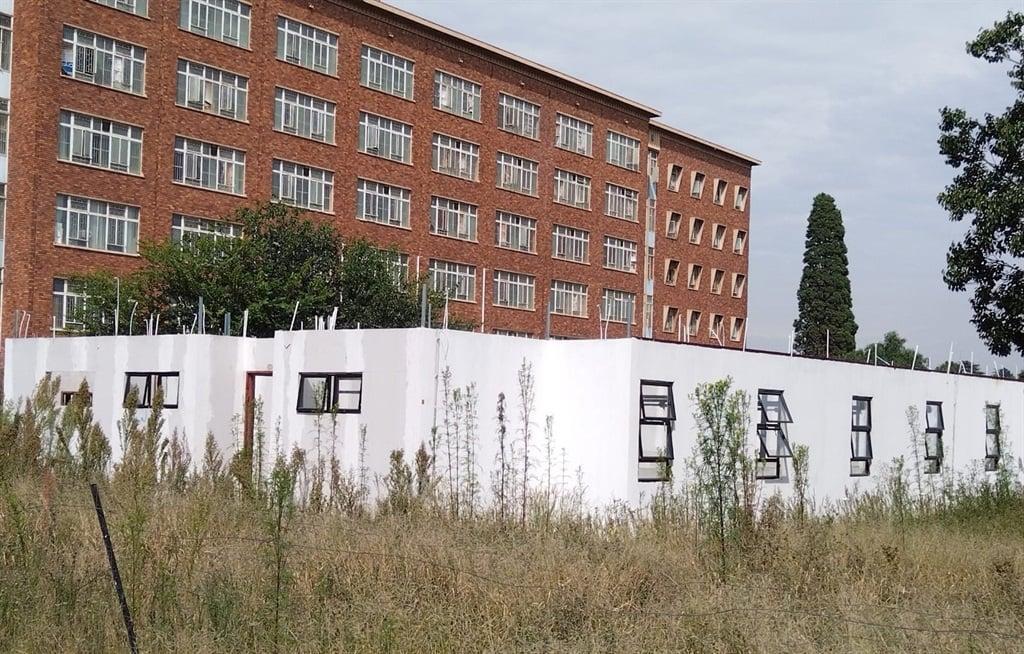Africa-Press – South-Africa. The health department spent R115 million to build more hospital wards at Kopanong Hospital in Vereeniging during the Covid-19 pandemic.
The project is, however, incomplete because the service provider “could not finish the project”.
This was revealed by Health MEC Nomantu Nkomo-Ralehoko in a written reply to a question from the DA’s Jack Bloom in the legislature.
Nkomo-Ralehoko said the service provider’s contract was terminated.
Bloom said the original plan in 2020 was to build 300 ICU beds for Covid-19 patients by using alternative building technology, but it fell way behind schedule and was never used.
“There was also controversy because the contractor failed to pay subcontractors. Now, the department says they are ‘reviewing the structure for possible use as office space for the district’,” said Bloom.
This project was a “monstrous waste of money that should have been used to fix existing public hospitals”, Bloom said.
“It’s yet another example of gross incompetence by the Gauteng Department of Infrastructure Development (GDID), which routinely chooses poor contractors, who fail to finish, but still get paid huge amounts of money,” said Bloom.
“As usual, corruption is suspected, and the MEC says GDID are investigating the issue. The DA has yet to see any real consequences from these never-ending ‘investigations’,” he added.
Bloom said nearly R2 billion of money released for the Covid-19 pandemic was wasted, including R500 million on the abandoned Anglo Ashanti Hospital on the Far West Rand.
Bloom said:
GDID’s spokesperson, Victor Moreriane, confirmed the project had missed the Covid-19 deadline because the main contractor was terminated for poor performance.
“Now that Covid-19 is no longer a key factor, the Gauteng Department of Health is putting together a brief for the repurposing of the structure to be used for other health services. As soon as the process is complete, [the department] will continue with the completion of the structure,” said Moreriane.
Moreriane said the department had only paid the main contractor for the work which had been completed.
“Local subcontractors and SMMEs had contracts with the main contractor and the department was, therefore, not responsible for making payments to subcontractors.”
He said: “The first contractor was terminated due to poor performance. The second contractor could not work on site due to site stoppages by local subcontractors and SMMEs who were not paid by the first contractor.”
Moreriane said the money had been allocated for constructing a new Covid-19 clinic, which was the government’s priority at the time.
“Money to fix existing public hospitals is budgeted under the health infrastructure maintenance programme. Therefore, the two budget allocations are separate,” said Moreriane.
For More News And Analysis About South-Africa Follow Africa-Press






